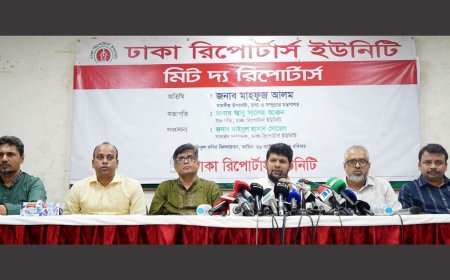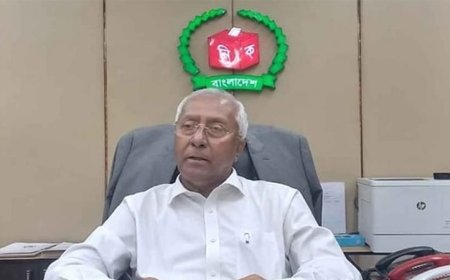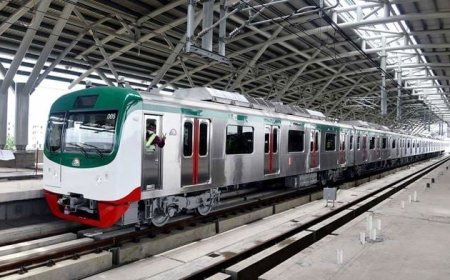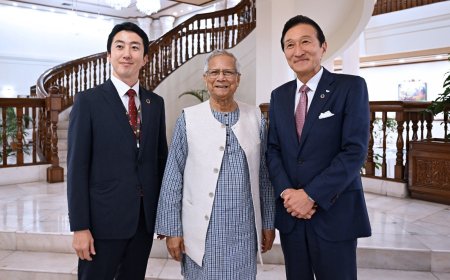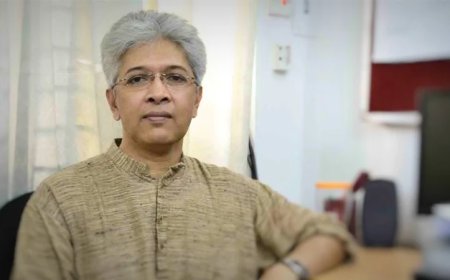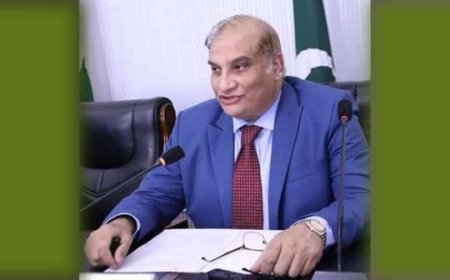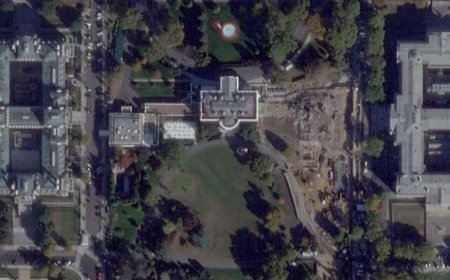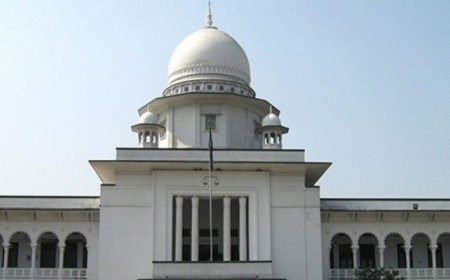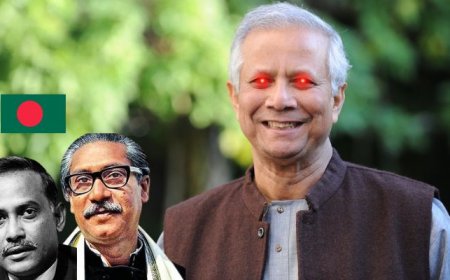"Progress cannot be achieved without empowering local governance"
"How committees can effectively serve the public and promote political transparency."

Strengthening Local Governance in Bangladesh: Challenges and Opportunities
A central issue in Bangladesh’s evolving political discourse is the timing of both national and local elections under the interim government. Although the interim administration has committed to implementing structural reforms before conducting elections and has hinted at a tentative timeline, no formal announcements have been made, leaving the political landscape uncertain.
In this context, questions surrounding the effectiveness of union parishad (UP) services have gained attention. On February 20, a major Bengali daily spotlighted a statement from the Local Government Reform Commission, which proposed increasing the number of wards within unions as a means to improve service delivery and bring governance closer to citizens.
While this proposal appears promising in theory—potentially improving access to services at the grassroots level—it also raises important concerns about the accountability and transparency of service delivery mechanisms. A study by the Brac Institute of Governance and Development (BIGD) in the wake of the July uprising revealed a significant lack of awareness among rural residents in Satkhira about the services available through the union parishad and how its accountability systems function in practice.
This information gap reflects broader issues of politicization, corruption, and abuse of power that have historically plagued local governance, fostering a climate of fear and uncertainty. The abrupt removal of union parishad chairpersons and members following the fall of the Awami League regime disrupted essential services, particularly those related to social safety nets.
A case in point is Ayesha (a pseudonym), a 61-year-old widow in a coastal village who was eligible for government assistance but never received it. Despite repeated efforts, she encountered indifference, bureaucracy, and a lack of empathy, while others—often less deserving—received benefits. Her story is emblematic of a larger problem: many citizens are systematically excluded from vital services due to inefficiencies and corruption.
According to a white paper, nearly 40% of safety net benefits are misallocated, underscoring systemic accountability failures. Citizens often make multiple visits to UP offices in vain, revealing the urgent need for reforms that simplify and humanize public service delivery.
To address these challenges, Bangladesh has introduced initiatives aimed at fostering transparency and accountability in local governance. A key reform effort is the establishment of 13 standing committees under Chapter VIII of the Local Government (Union Parishad) Act 2009. These committees are tasked with overseeing policy development, budgeting, citizen engagement, and performance monitoring. Ideally, they should improve efficiency, accountability, and responsiveness.
Each committee, typically composed of five to seven members and chaired by UP representatives, may also include experts. However, their effectiveness hinges on fair implementation. Unfortunately, in practice, committee formation is often driven by loyalty rather than merit, with chairpersons exerting disproportionate control over appointments. This undermines diversity, stifles dissent, and renders oversight toothless.
Political interference further erodes committee integrity. Dominance by ruling parties ensures that political agendas take precedence over public interest. Dissenters are frequently sidelined through coercion or exclusion, allowing powerful actors to control committee functions.
Gender imbalance remains a major hurdle. Although policies promote women's participation, actual representation is minimal, limiting the inclusion of gender-sensitive perspectives. Additionally, many committee members lack the expertise necessary for effective governance, as appointments are based on connections rather than qualifications.
Although bi-monthly meetings are mandated by law, they are frequently delayed or skipped, and decisions typically align with the chairperson’s preferences, undermining the committees’ autonomy. Moreover, these bodies often fail to include marginalized groups such as the elderly, people with disabilities, or widows—further distancing governance from community realities.
To function as intended, standing committees must be reformed. Key steps include establishing independent selection processes, insulating committees from political influence, ensuring gender balance, enhancing member capacity through training, and fostering genuine community representation.
Toward Effective Local Governance
The July 2024 Revolution was a watershed moment in Bangladesh’s political trajectory, sparking public demand for reform and greater civic participation. In response, the interim government formed the Local Government Reform Commission to address persistent challenges, especially within union parishad standing committees.
Improving these committees is crucial to ensuring transparency, accessibility, and accountability in local governance. This begins with selecting members based on integrity and competence, supported by oversight from upazila parishads to guarantee fairness and impartiality.
Capacity-building initiatives should be prioritized, equipping members with governance, leadership, and technical skills. Equally important is protecting the autonomy of committees through clear guidelines and external oversight to shield them from political manipulation.
Committees must also adhere to regular meeting schedules, maintain accurate records, and implement transparent monitoring systems. Strengthening public engagement—through awareness campaigns, open forums, and feedback mechanisms—will enhance trust and participation.
Gender inclusion should be actively promoted by increasing women’s representation, which would enrich decision-making and ensure broader community concerns are addressed.
Ultimately, prioritizing transparency, inclusivity, autonomy, and capacity-building will transform these committees into foundational pillars of democratic governance. Now is the time for policymakers and stakeholders to invest in strengthening these vital institutions to achieve a truly participatory and accountable local government in Bangladesh.
What's Your Reaction?








